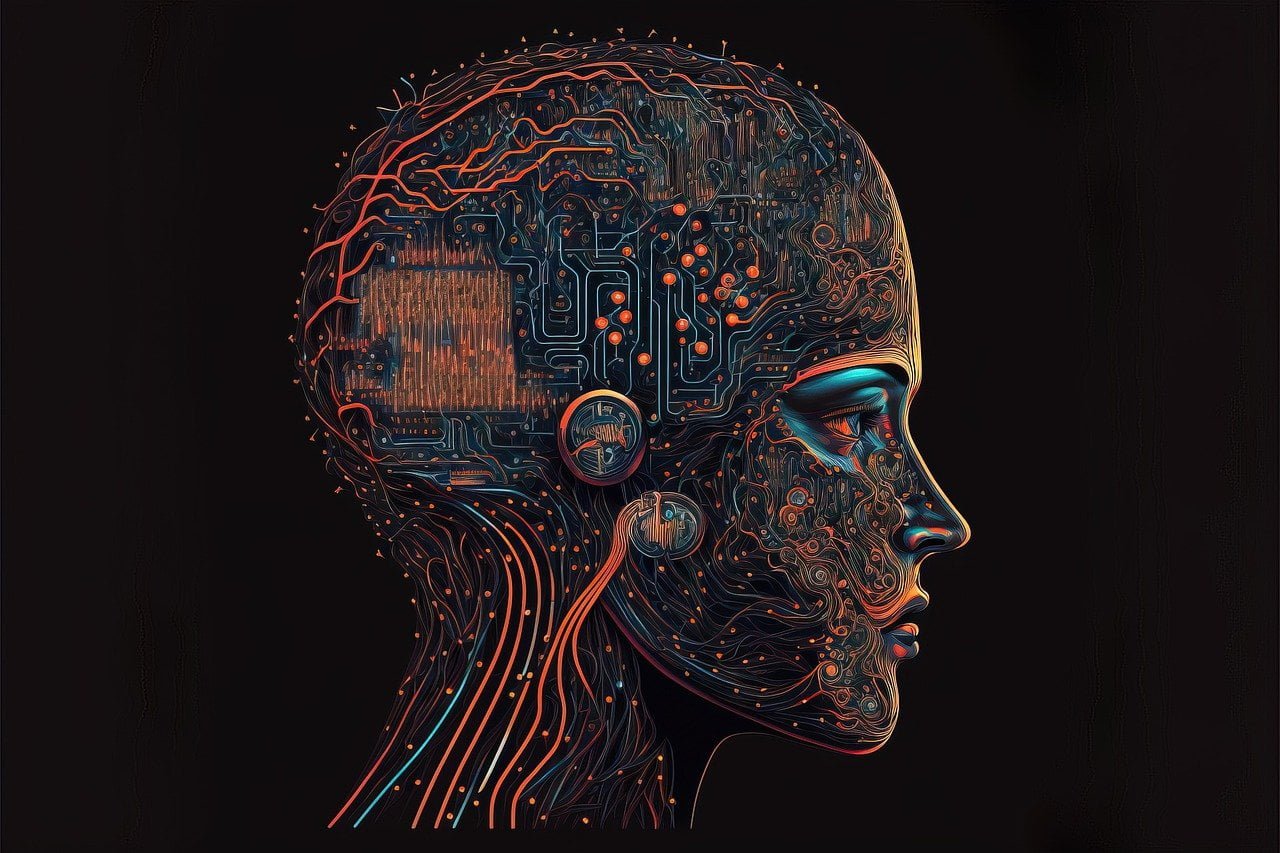Artificial Intelligence (AI) is no longer just a buzzword in the tech industry; it is a transformative force reshaping how software is developed, deployed, and utilized. AI-infused software brings unparalleled capabilities, from predictive analytics to automation, revolutionizing industries and driving innovation. This article delves into the various facets of AI-enhanced software, its benefits, and its potential to redefine the future of technology.
Artificial Intelligence in Software Development
AI’s integration into software development processes is significantly enhancing productivity, quality, and efficiency. Here are some key ways AI is transforming software development:
- Intelligent Code Assistance: AI-powered tools like GitHub Copilot, Kite, and TabNine provide real-time code suggestions and auto-completions, significantly speeding up the coding process. These tools leverage machine learning models trained on vast codebases to predict and suggest the next lines of code, reducing the cognitive load on developers.
- Automated Testing: AI-driven testing tools such as Testim and Applitools use machine learning to create, maintain, and execute test cases. These tools can adapt to changes in the application, identify new test scenarios, and ensure comprehensive test coverage with minimal manual intervention.
- Bug Detection and Fixing: AI tools like DeepCode and Snyk analyze code to identify potential vulnerabilities and bugs. These tools use AI to understand code semantics, predict where bugs are likely to occur, and suggest fixes, thereby enhancing code quality and security.
- Project Management: AI enhances project management by predicting project timelines, identifying potential risks, and optimizing resource allocation. Tools like Microsoft’s Azure DevOps and Jira Software use AI to provide insights and recommendations for project planning and execution.
Artificial Intelligence AI-Powered Software Applications
AI is not just transforming the development process but also the capabilities of the software itself. Here are some groundbreaking applications of AI-powered software:
- Predictive Analytics: Software like IBM Watson and Salesforce Einstein uses AI to analyze historical data and predict future trends. This capability is invaluable across industries such as finance, healthcare, and retail, where understanding future patterns can drive strategic decision-making.
- Natural Language Processing (NLP): AI-driven NLP software, such as chatbots and virtual assistants, enables seamless human-computer interactions. Platforms like Google Assistant, Amazon Alexa, and IBM Watson Assistant can understand and respond to human language, providing personalized user experiences and improving customer service.
- Image and Speech Recognition: AI-powered software for image and speech recognition is revolutionizing areas like security, healthcare, and accessibility. For example, software like Google Cloud Vision and Microsoft Azure Cognitive Services can analyze images for objects and scenes, while voice recognition systems like Nuance Dragon and Google Speech-to-Text convert spoken words into text with high accuracy.
- Autonomous Systems: AI is at the heart of autonomous systems such as self-driving cars, drones, and robotics. These systems use AI algorithms to perceive their environment, make decisions, and perform tasks without human intervention. Companies like Tesla, Waymo, and Boston Dynamics are at the forefront of developing such autonomous systems.
The Benefits of AI-Enhanced Software
The integration of AI into software brings numerous benefits, making it a powerful tool for businesses and individuals alike:
- Enhanced Efficiency: Artificial Intelligence automates repetitive and mundane tasks, allowing human workers to focus on more complex and creative activities. This leads to higher productivity and efficiency in various workflows.
- Improved Accuracy: Artificial Intelligence systems can analyze vast amounts of data with high precision, reducing the chances of human error. This is particularly beneficial in fields such as healthcare, finance, and manufacturing, where accuracy is critical.
- Personalization: Artificial Intelligence enables software to provide personalized experiences by analyzing user behavior and preferences. This is evident in recommendation engines used by Netflix, Amazon, and Spotify, which suggest content and products tailored to individual users.
- Scalability: Artificial Intelligence allows software to scale efficiently by handling large volumes of data and performing complex computations quickly. This is essential for businesses that need to grow and adapt to increasing demands.
The Future of AI-Driven Software
The future of software with AI is full of exciting possibilities and advancements. Here are some trends and potential developments:
- Generative AI: Artificial Intelligence models like GPT-4 and DALL-E are pushing the boundaries of content creation, from text to images and beyond. These models can generate human-like text, create art, and even write code, opening new avenues for creativity and automation.
- Ethical AI: As AI becomes more pervasive, ensuring ethical and responsible use of Artificial Intelligence is paramount. Efforts to make AI transparent, fair, and accountable are gaining traction, with frameworks and regulations being developed to guide ethical AI deployment.
- AI in Edge Computing: Combining AI with edge computing allows for real-time data processing and decision-making at the source, reducing latency and improving efficiency. This is particularly relevant for IoT devices and applications requiring instantaneous responses.
- Collaborative AI: Future AI systems will likely focus on collaboration between humans and machines, where AI assists humans in decision-making and creative processes rather than replacing them. This symbiotic relationship can lead to enhanced innovation and productivity.
In conclusion, Artificial Intelligence is revolutionizing software, bringing about unprecedented changes in how we develop, deploy, and use software applications. By harnessing the power of Artificial Intelligence, we can unlock new levels of efficiency, accuracy, and personalization, paving the way for a future where intelligent software plays a central role in our lives and businesses. The journey of integrating AI into software is just beginning, and the potential it holds is boundless.


 Watch
Watch
 CASUAL WEAR
CASUAL WEAR











